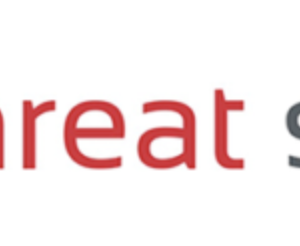Moving from DevOps to DevSecOps isn’t a matter of putting a security team member on a DevOps team, because developers tend to outnumber security professionals by 100 to one. Since most developers aren’t security experts and most security experts aren’t developers, the two must learn to work together effectively.
There are three ways to create a DevOps culture: by default, by design or iteratively. The three are not necessarily mutually exclusive because DevOps tends to be a learning experience that takes considerable time. Read this report today to learn more about creating a successful DevOps culture.
The license is what turns software components into open source components, and allows developers to use that software -as long as they keep to the specific terms and conditions as laid out in the license. But there are over 200 open-source licenses out there, varying in complexity and requirements.
In this whitepaper, you will learn:
* Why permissive licenses are growing while ‘copyleft’ licenses are losing favor
* Which were the top licenses used in 2019
* What the future holds for licenses
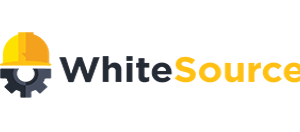
Hiring and retaining software engineers is hard– and it’s only getting more difficult. A hiring strategy that allows engineering managers to source talent from a global pool will bring a wider range of skills and experience, reduce turnover, and attract the 53.3% of developers, as surveyed by stack Overflow, who rank distributed work as the top priority.
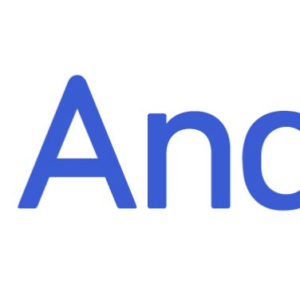
All too often, the onboarding process for new hires feels rushed and disorganized. Add in a remote/distributed engineering team, and the process is even more difficult. But, when onboarding is done right, it leads to better employee retention and improved on-the-job performance.

Hiring new talent is a challenge for all companies, and it’s particularly true when hiring engineering talent. It’s time-consuming, costly and often impacts the development of a company’s growth, potential, and culture like no other decision you will make.

RECORDED EVENT
Join SD Times and Micro Focus as we deflate the hype around DevOps and provide a no-nonsense, real-world view of how your organization can gain operational efficiencies and deliver value to your customers.
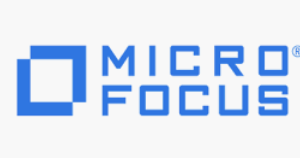
For many CIOs, the realization that they can’t visualize how value flows across the software delivery process is a “eureka!” moment. Abandoning a hit and hope mentality, CIOs are taking a sledgehammer to the black box that conceals the mechanics of how software is planned, built and delivered at scale. Once inside, they’re analyzing how value flows from customer request to software in operation. They’re becoming ‘value stream thinkers.
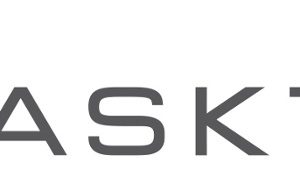
The core problem with software security today is not that far removed from the problem Veracode was trying to solve 10 years ago. In State of Software Security v1, the company concluded that “Most software is indeed very insecure.” We could use that same statement in Volume 10. However, it is seeing some positive AppSec signs in 2019. Organizations are increasingly focused on not just finding security vulnerabilities, but fixing them, and prioritizing the flaws that put them most at risk. The data suggests that finding and fixing vulnerabilities is becoming just as much a part of the software development process as improving functionality.
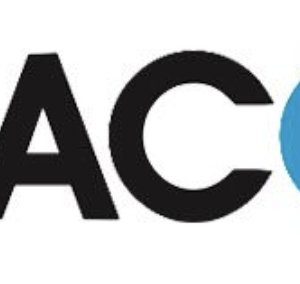
How can organizations cut the risk of downtime? The answer: break your systems on purpose. Find out their weaknesses and fix them before they break when least expected.
It’s called chaos engineering, and it’s being adopted by leading financial institutions, internet companies, and manufacturing firms throughout the world.

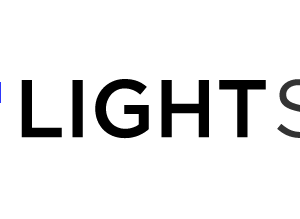
You’ve been hacked. A developer leveraged a 3rd party library with unsanitized input that a SCA tool can’t flag. This containerized application goes into production – making your entire cloud infrastructure vulnerable to severe security incidents. Does this sound familiar?
